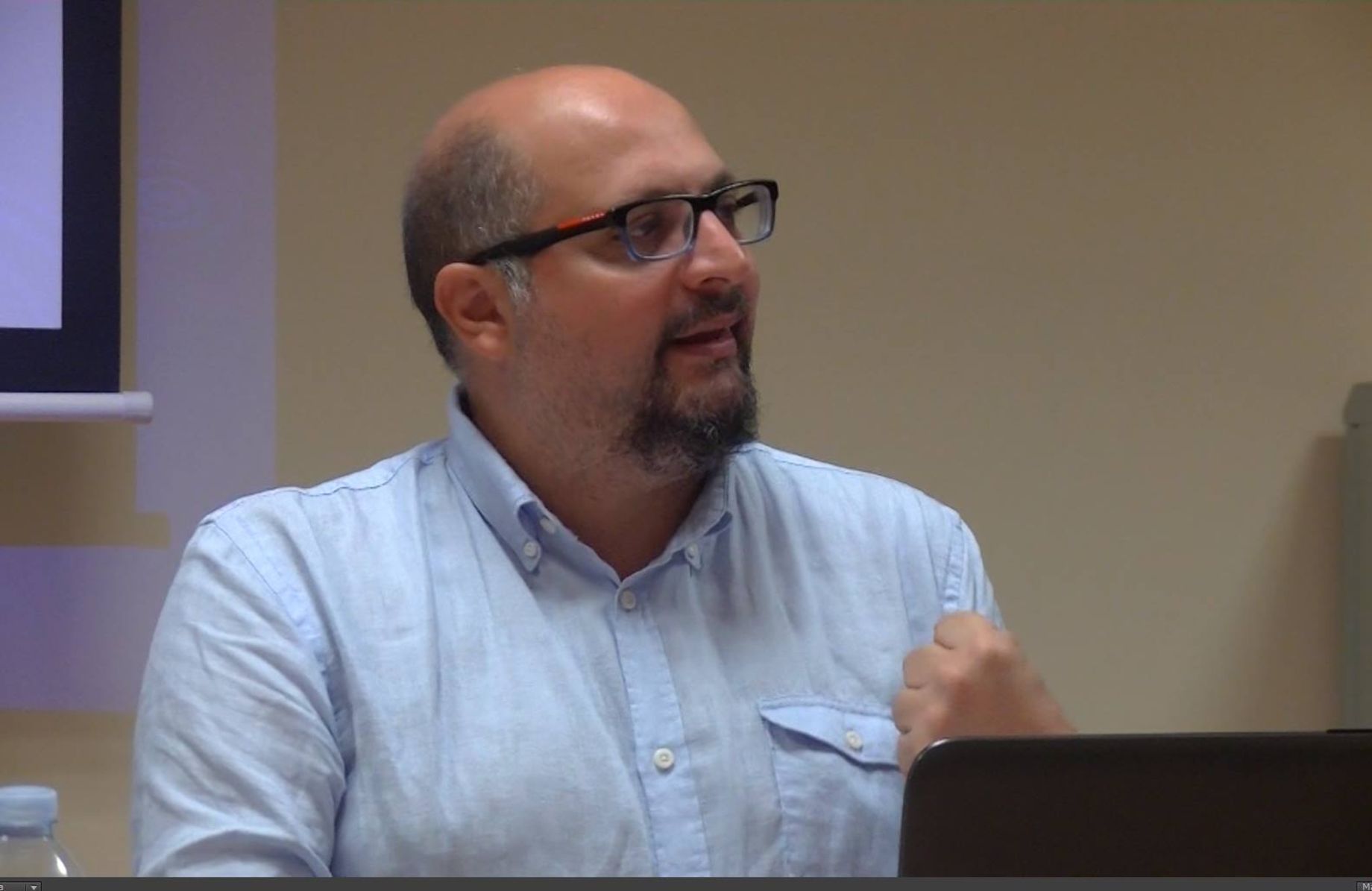Subaltern Activism and the ‘Arab Uprisings’ in Egypt and Iraq
Inspired by Gramsci’s seminal work on the subaltern – taken back to its class dimension – this project is looking at the emergence of ‘subaltern subjects’ as the protagonists of the ‘Arab Uprisings’, with a main focus on Egypt and a secondary comparative focus on Iraq from 2011 onwards. The main argument is that, as ‘street politics’ played a fundamental role in the protest movements both before and after 2011, the role played by old and new form of social and political activism needs further and deeper investigation. Based on past extensive fieldwork, my research on Egypt is considering both those sites and actors of resistance with an established societal recognition – such as workers, women, students and civic activists – as well as those without a tradition of political activism, like the football ‘ultras’ and the self-organized resistance in the ‘social non-movements’ in urban areas and rural alike. Gramsci’s writings can help illuminate the different trajectories of subaltern activism especially in understanding whether, how and why these groups became distant from the subaltern actors they claimed to represent, and which strategies (if any) they followed to resist the post-July 2013 Counter-Revolution. Besides Egypt, I intend to investigate a much more recent and under-researched case, namely independent activism in Iraq before and after the 2019 ‘October Uprising’. In particular, my research aims at shedding light on newly established groups, created by the Uprising itself, which are trying to challenge the political and social order as a whole.


